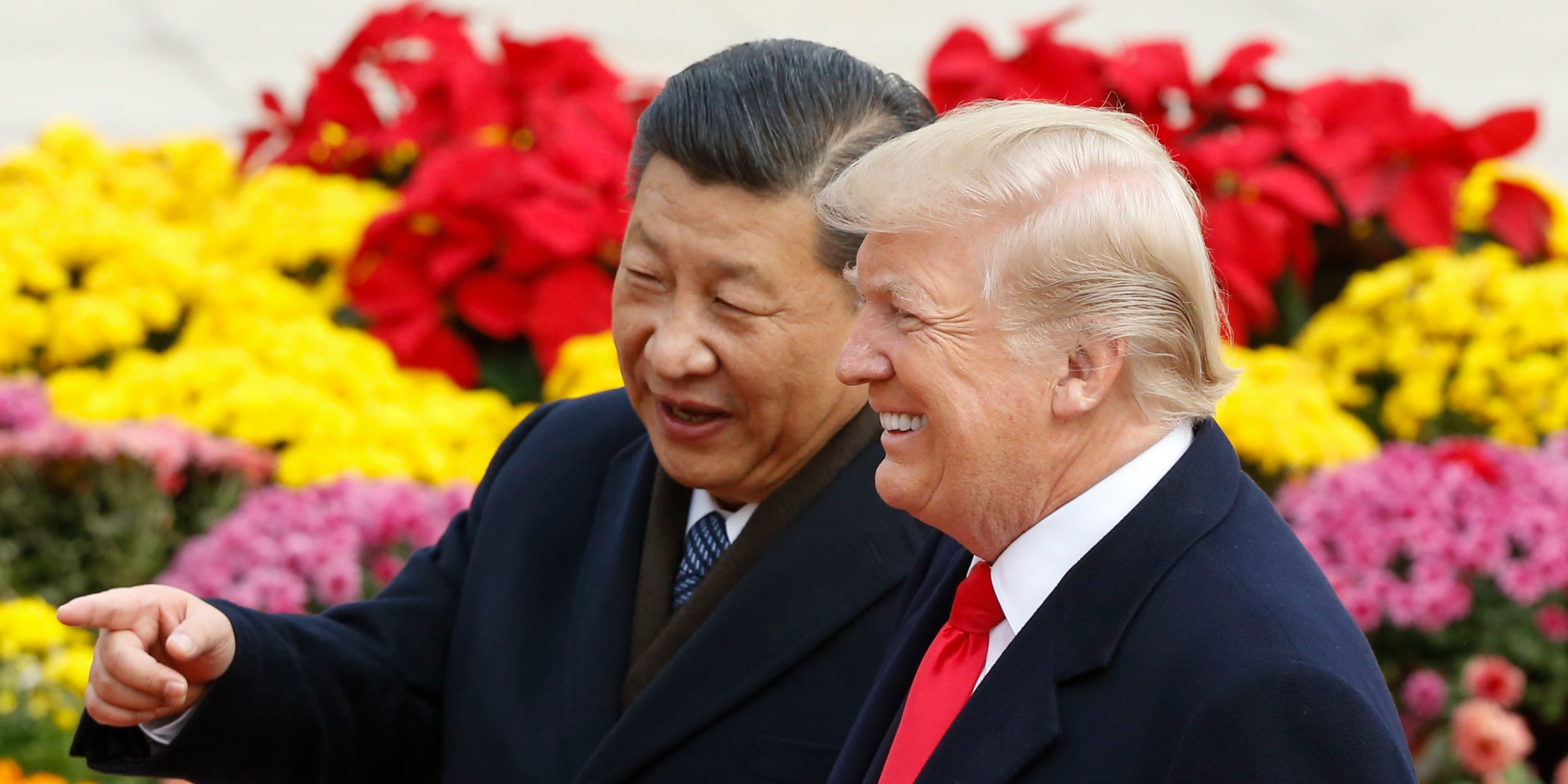- President Donald Trump expressed a desire to get Chinese smartphone maker ZTE back on track, despite violating US sanctions.
- Lawmakers on Capitol Hill remain skeptical that the White House has their eye on the ball, wanting to address the security risks posed by ZTE and other Chinese companies.
WASHINGTON – Lawmakers on Capitol Hill are skeptical that President Donald Trump is up to the task of properly assessing and combatting the security risks posed by Chinese smartphone maker ZTE, suggesting the White House is taking a predominantly economic approach to resolve disputes with one of the world’s largest smartphone companies.
The Commerce Department slapped denial of export privileges on the smartphone giant last year for violating US sanctions.
“ZTE misled the Department of Commerce. Instead of reprimanding ZTE staff and senior management, ZTE rewarded them,” Commerce Secretary Wilbur Ross said in statement at the time. “This egregious behavior cannot be ignored.”
But ZTE has come back into the spotlight recently. Trump wrote on Twitter Monday morning that he and Chinese President Xi Jinping “are working together to give massive Chinese phone company, ZTE, a way to get back into business, fast.”
"Too many jobs in China lost," Trump added. "Commerce Department has been instructed to get it done!"
Trump's remarks became a cause of concern among lawmakers, many of whom believe ZTE's nefarious activities should be addressed and handled before any deal can even begin.
"With that company, they've got a record - a record that's not a good one," Sen. John Thune, the third-ranking Senate Republican, told Business Insider. "They've violated sanctions against us with Iran and North Korea. So I just think that we have to be very very cautious dealing with them or dealing them any kind of favorable treatment because they don't deserve it. This is a company that poses national security risks to the United States."
Lawmakers skeptical of White House negotiations
Lawmakers are cautiously approaching the right way to handle ZTE, expressing concerns about a leniency they might be afforded by the White House.
"I'm sure the president's national security team is advising him about this company and some of their nefarious activities," said Thune. "But I just really worry about us doing anything that would benefit them."
Sen. Rob Portman, who sits on the Senate Finance Committee, told Business Insider that he's "in the dark" on what the White House is thinking in terms of ongoing negotiations with ZTE and the Chinese government.
Democrats are also concerned.
"The president took pretty aggressive action to protect intellectual property, then he does this," said Maryland Sen. Ben Cardin, a Democrat. "So I have concerns."
One of the more vocal critics of offering any relief to ZTE is Republican Sen. Marco Rubio of Florida. During a Thursday appearance on Fox News, Rubio called the White House efforts "a mistake" and said "ZTE has nothing to do with trade. Nothing."
"We should not be helping them," Rubio added. "I do not shed one tear for ZTE or Huawei, or any of these companies. Chinese companies backed by the Chinese government have put plenty of American companies out of business. And they're doing this to undermine us economically, geopolitically and from a national security perspective."
Rubio also introduced a bill that would aim to curb the sale of sensitive intellectual property to China and block the US government from purchasing telecommunications equipment from ZTE.
White House staff are feuding over roles in ongoing talks
While the Trump administration is gearing up for high-level negotiations with the Chinese, their top economic policy officials are butting heads.
Free traders and protectionists have been at odds in the administration for quite some time. But the differences reached a breaking point when Peter Navarro, the head of the National Trade Council, reportedly exploded at Treasury Secretary Steven Mnuchin during an oversees trip to Beijing.
The administration's infighting could potentially hamper progress or scrutiny of ZTE, and at the very least, does nothing to assuage concerns from top lawmakers in Washington.
